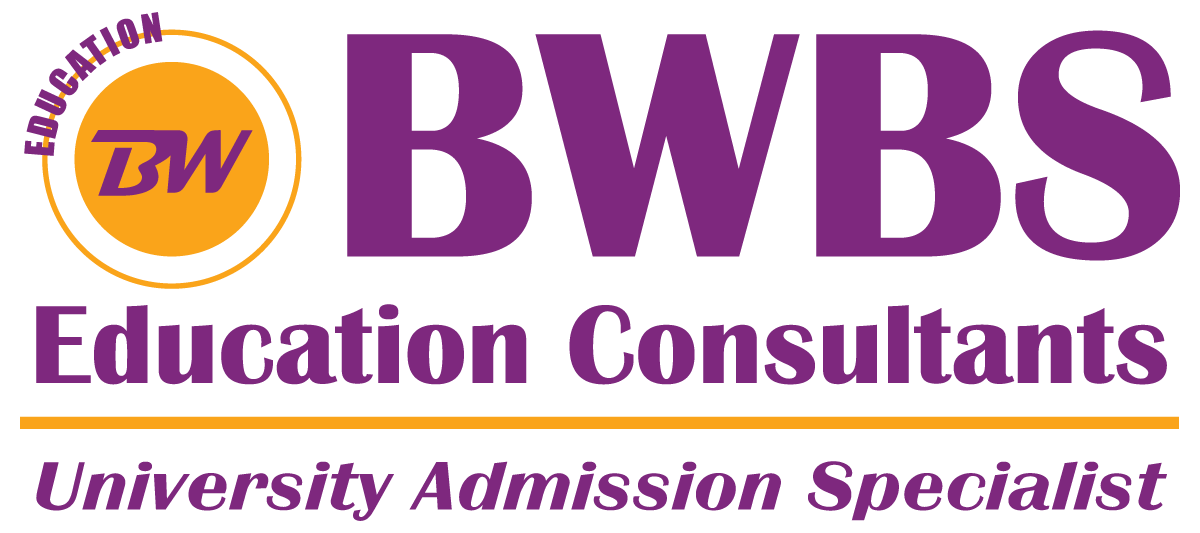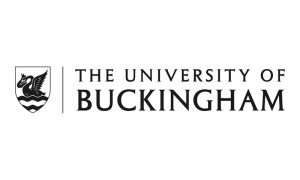BSc Computing with Accounting and Finance will enable you to understand computing and communications technologies lie at the heart of modern society. They include hardware, software, networks, tools, telecommunications equipment and required standards that provide the technological framework on which the delivery of information services is based. The IT industry is reporting a widening gap in software skills while hard technology is developing and diversifying fast.
The overall aim of this intensive programme is to enable all students to develop their potential so that they can apply what they have learnt to deal with computational problems and develop solutions in a real-world environment in relation to accounting and finance. Through studying this programme, students learn how to specify, design, develop and operate efficient and innovative computer-based systems and gain up-to-date knowledge and awareness of the relevant computing technologies within a shorter space of time. Graduates of BSc Computing with Accounting and Finance will be able to undertake a variety of careers in the IT sector of related industries.
This major/minor programme of study specifically aims to produce technically sound computing graduates who are exposed to basic concepts and practice of accounting and finance, providing them with IT and computing technical know-how as well as awareness of the principles of the application areas.
The content of this fast-track programme is compatible with the UK QAA subject benchmark statement for Computing and with the Framework for Higher Education Qualifications in England, Wales and Northern Ireland. The intensive nature of the programme requires motivation, commitment and above all good management of time.
Intended learning outcomes
At the end of the BSc Computing with Accounting and Finance programme, students should be able to gain knowledge and understanding in:
- roles of computer-based systems in modern societies.
- fundamental facts, concepts, theories, principles & methodologies. Concepts and principles of accounting and finance.
- use of the theoretical knowledge, methods & tools in modelling, designing, implementing and deploying usable computer-based systems and related management issues.
- system architectures and related technologies.
- state-of-art development of technologies and their applications in interactive multimedia, information security, business and intelligent decision-making systems. Applications of IT in accounting and finance.
- computer programming, together with relevant mathematical structures and concepts.
- Ethical, professional, social and legal issues in exploiting computing technology in practice.
Individual project
A particularly important feature of the BSc Computing with Accounting and Finance is the project, which extends over the first three terms of the second year, and involves the specification, development and testing of a substantial piece of software. In support of this, you will learn to program in C++ and Java, as well as taking courses in database and human-computer interaction.
A pass in the project is a requirement for the award of a degree. The degree will not normally be awarded a higher classification than that awarded to the project.
The purpose of the project is to provide you with the opportunity to obtain in-depth knowledge in a chosen area of computing or information systems, to exercise judgment in solving a major problem and to develop a working software system. You will be expected to:
- Choose an appropriate project topic and identify a problem to work on.
- Identify the work required to solve the problem.
- Plan and organise the project work.
- Carry out the work and deliver a sound solution to the problem.
- Submit all required reports, program codes and prototype systems.
- Exercise judgment in chosen solutions throughout the project.
Through the project, you will gain experience in:
- Acquiring, organising and presenting knowledge in a field of study and applying the knowledge to solve an identified problem.
- Comparing and selecting suitable approaches and methods in solving the problem.
- Exercising initiative and sustained efforts to set and achieve a clear set of objectives within stated deadlines.
- Developing solutions and implementing the solutions.
- Mastering a particular programming language, which can be different from the ones that you have learnt before.
This project may be the first large piece of work that you do completely by yourself. You should first choose a suitable project topic to work on and a supervisor to direct your work throughout the project development life cycle.
The project is a crucial element of the degree, counting for 45 units. It should cover one aspect of computing and should be based on theories of design, construction and use of information systems. It could involve the development of a practical system for a real user or the prototyping of a new technique in computing.

